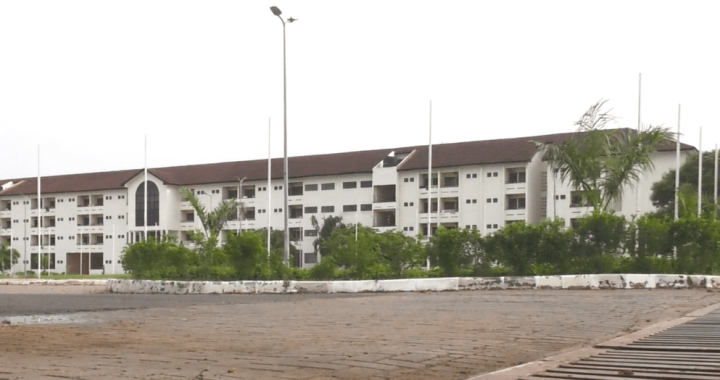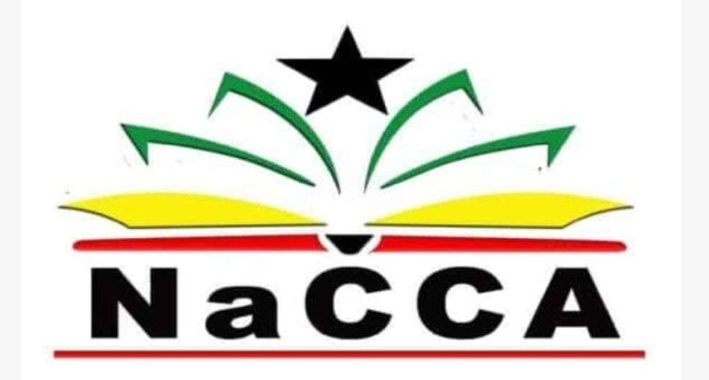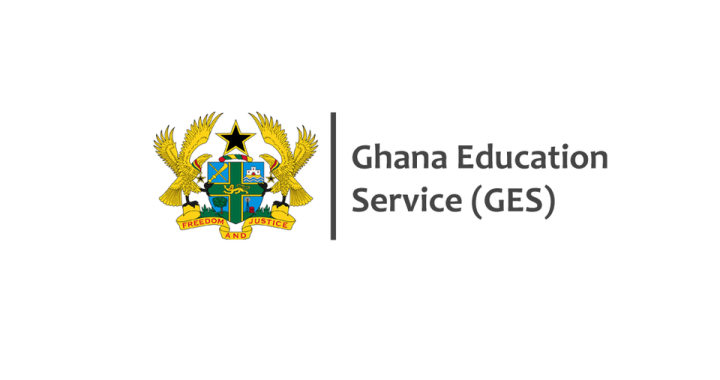Why $3 billion IMF bailout to Ghana will not restore Ghana to economic stability

The IMF bailout of $3 billion to Ghana is a short-term solution that will not restore Ghana to economic stability in the long term.
The arrangement allowed for the immediate release of $600 million, with the remaining funds to be made available over the course of the next three years, the IMF said in a statement after it approved the facility for Ghana’s ailing economy.
Why $3 billion IMF bailout to Ghana will not restore Ghana to economic stability
Here are some of the reasons why:
The bailout will not address the underlying causes of Ghana’s economic problems. The bailout will provide Ghana with much-needed financial assistance, but it will not address the underlying causes of the country’s economic problems, such as corruption, inefficiency, and a lack of investment.
The bailout will come with conditions that will make it difficult for Ghana to grow. The IMF will likely attach conditions to the bailout, such as spending cuts and tax increases. These conditions will make it difficult for Ghana to grow its economy and create jobs.
The bailout will not be enough to solve Ghana’s debt problem. Ghana’s debt is already at unsustainable levels, and the bailout will only add to the country’s debt burden. This will make it even more difficult for Ghana to grow its economy in the long term.
READ: 2023 World’s Most Corrupt And Least Corrupt Countries Out (Africa Takes The Lead)
The IMF bailout of $3 billion to Ghana is a short-term solution that will not restore Ghana to economic stability in the long term. The bailout will not address the underlying causes of Ghana’s economic problems, it will come with conditions that will make it difficult for Ghana to grow, and it will not be enough to solve Ghana’s debt problem.
In order to restore Ghana to economic stability in the long term, the government will need to take more fundamental steps to address the underlying causes of the country’s economic problems. These steps include:
Fighting corruption. Corruption is a major obstacle to economic growth. The government needs to take steps to root out corruption, so that businesses can operate more efficiently and investors can be confident that their money is safe.
Improving the business environment. Ghana needs to make it easier for businesses to operate. This means reducing red tape, improving infrastructure, and providing access to finance.
Investing in education and skills training. Ghana needs to invest in its people so that they have the skills they need to compete in the global economy. This means improving the quality of education and providing more opportunities for skills training.
These are just some of the things that Ghana can do to restore economic stability in the long term. It will not be easy, but it is essential if the country wants to achieve sustainable growth and development.
Send Stories | Social Media | Disclaimer
Send Stories and Articles for publication to [email protected]
We Are Active On Social Media
WhatsApp Channel: JOIN HERE
2024 BECE and WASSCE Channel - JOIN HERE
Facebook: JOIN HERE
Telegram: JOIN HERE
Twitter: FOLLOW US HERE
Instagram: FOLLOW US HERE
Disclaimer:
The information contained in this post on Ghana Education News is for general information purposes only. While we endeavour to keep the information up to date and correct, we make no representations or warranties of any kind, express or implied, about the completeness, accuracy, reliability, suitability or availability with respect to the website or the information, products, services, or related graphics contained on the post for any purpose.


 UG: Residents of Diaspora halls Lament Challenges in Rooms
UG: Residents of Diaspora halls Lament Challenges in Rooms  How to apply for 2024/2025 recruitment at GES recruitment portal
How to apply for 2024/2025 recruitment at GES recruitment portal  GPA raises concerns over NaCCA books assessment & approval role
GPA raises concerns over NaCCA books assessment & approval role  GES opens recruitment portal: Apply for posting now
GES opens recruitment portal: Apply for posting now